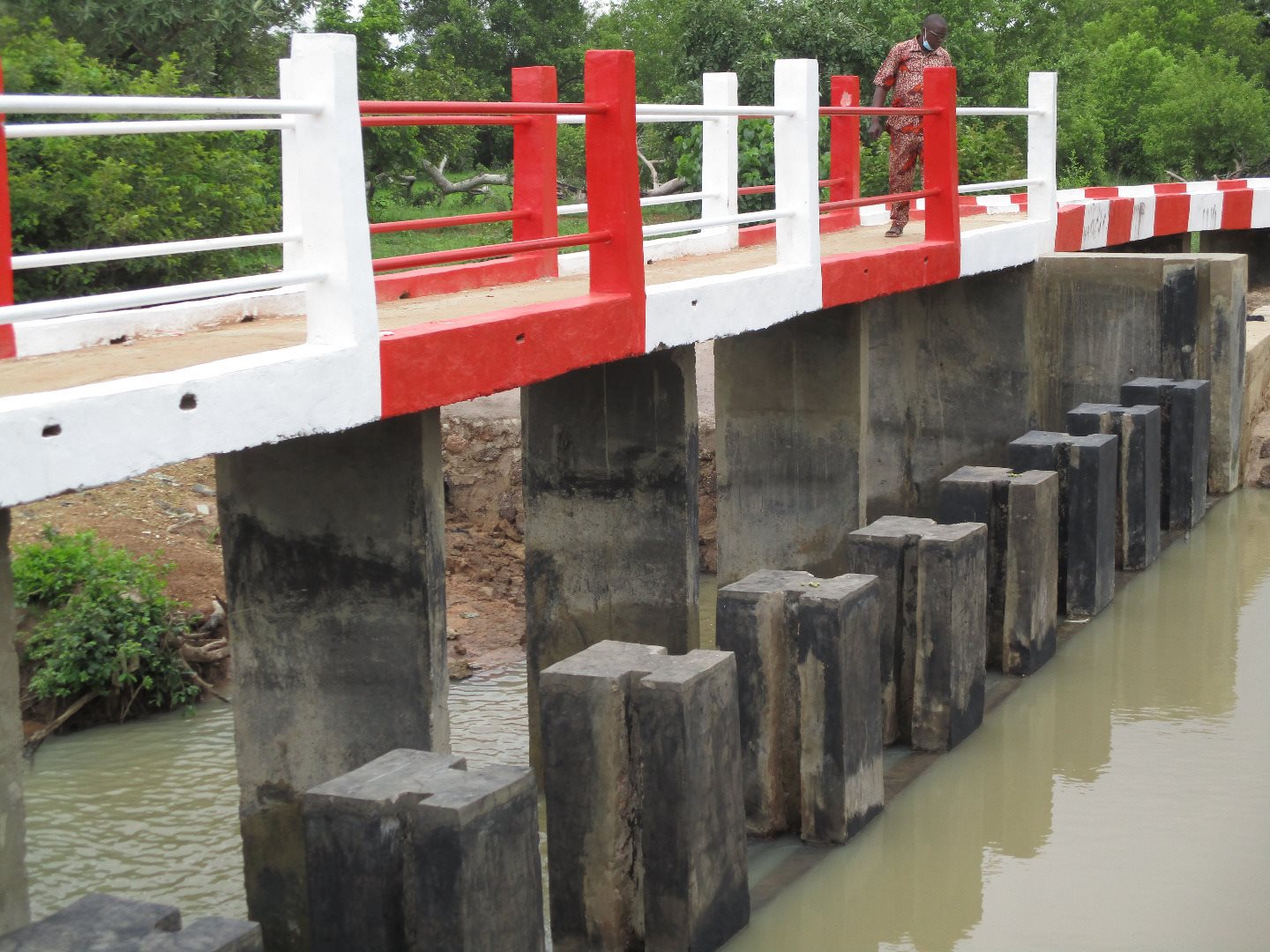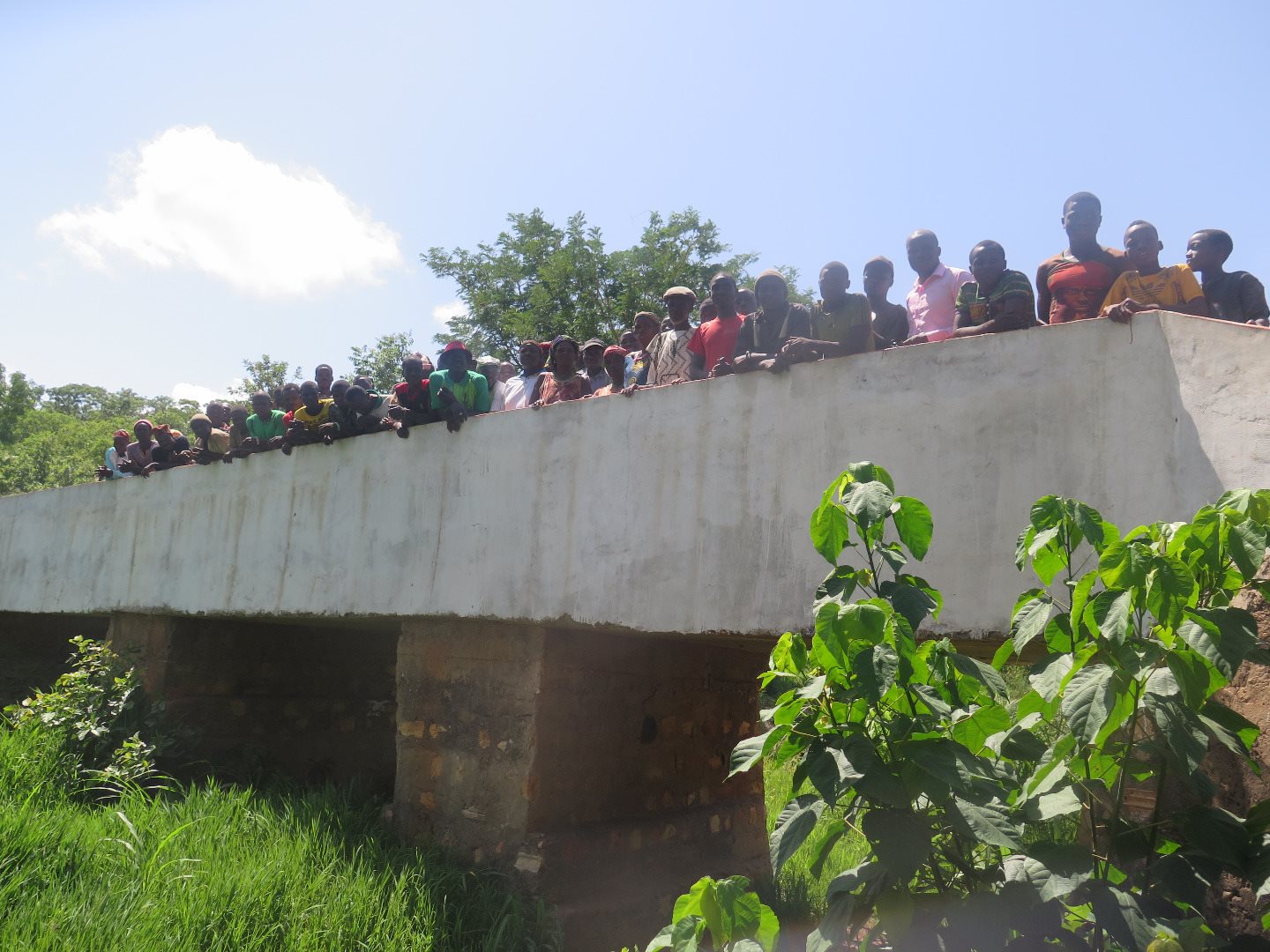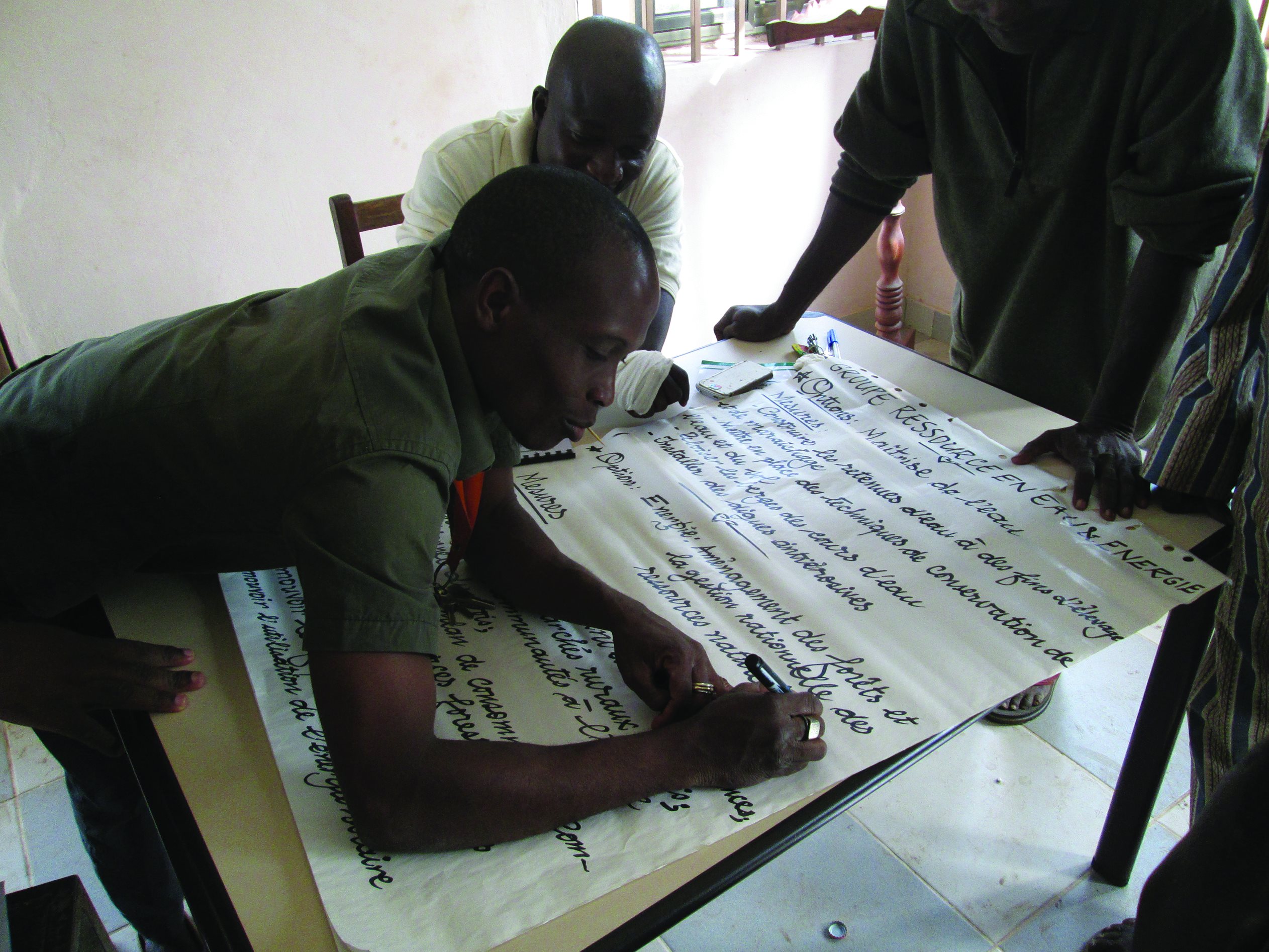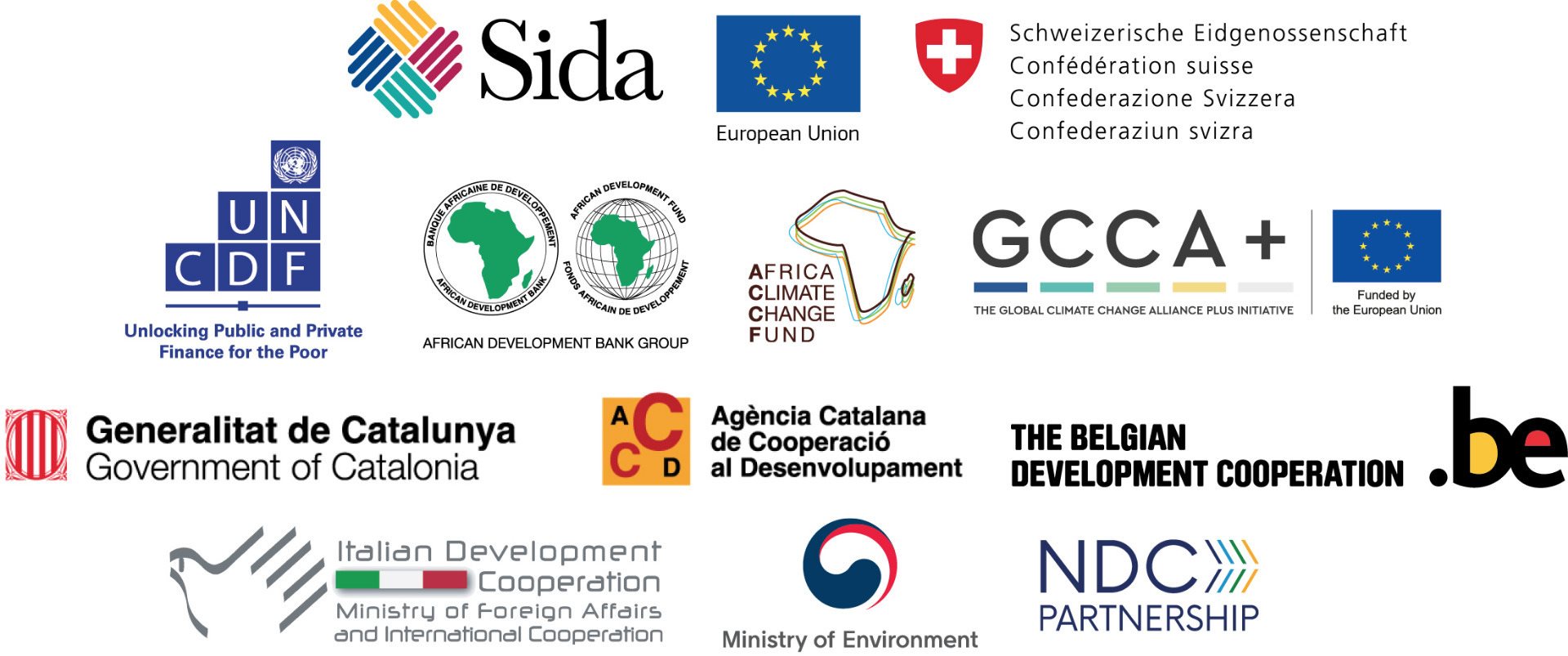National Response
Benin’s nationally determined contributions (NDCs), initially submitted to the UN Framework Convention on Climate Change (UNFCCC) in 2015, identify LoCAL as a means of bridging the climate finance gap at the community level while building local institutional and technical capacity to address climate risks and challenges. The country looks to extend LoCAL to all 77 of its municipalities as part of its NDC goals. Communes are responsible for environmental protection, as confirmed by the Environmental Governance Charter. A national funding mechanism for local development, the Commune Development Fund (FADeC, Fonds d’appui au développement) supports communes in this task.
The communes in Benin are independent in both financial and management terms, and a national funding mechanism for local development, the Commune Development Fund (FADeC, Fonds d’appui au développement) supports them. Communes are responsible for environmental protection, as confirmed by the Environmental Governance Charter; however, the 2003 National Adaptation Strategy does not specify a role for them in the national effort to plan and implement appropriate adaptation measures.











 A group photo with community members after the construction of a climate proofed bridge in Copargo, Benin
A group photo with community members after the construction of a climate proofed bridge in Copargo, Benin
